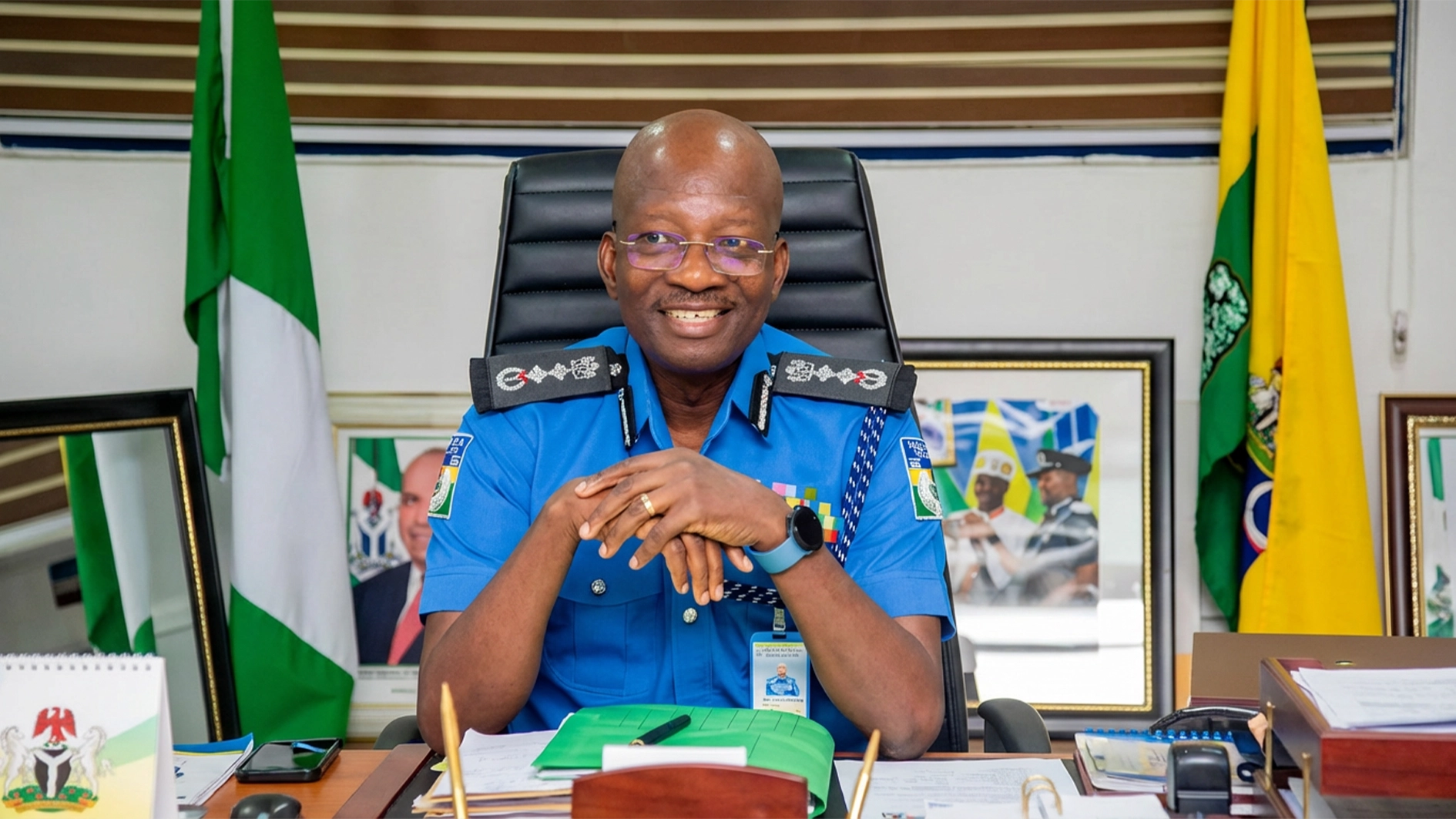Renowned technologist and language advocate, Dr. Tunde Adegbola, has called on the Federal and State Governments to invest significantly in the development of computer technologies tailored to Nigeria’s indigenous languages, warning that failure to do so would widen the technological gap in local content development.
Dr. Adegbola, the Executive Director of the African Languages Technology Initiative (Alt-i), made the call during a press conference in Ibadan, held as part of a month-long multimedia exhibition and workshop titled “Celebrating a Polymath at 70”, organised in his honour.
The exhibition, which began in August and runs through September 30, 2025, is being held in collaboration with the Development Agenda for Western Nigeria (DAWN) Commission and Pastor Francis Madojemu of the NuStreams Conference and Culture Centre, Ibadan.
The press conference was attended by literary icons and cultural stakeholders, including celebrated playwright Prof. Femi Osofisan and the CEO of Booksellers Limited, Dr. Kolade Mosuro, who both praised Adegbola’s contributions to technology, culture, and national development.
Speaking with journalists, Adegbola, a pioneer in Nigeria’s digital and broadcast innovation space, emphasised the urgent need for public sector involvement in promoting language technology.
“We cannot fully develop inclusive technology if the Federal and State Governments do not make deliberate investments in tools and platforms that support indigenous languages such as Yoruba, Hausa, and Igbo,” he said.
Adegbola, who also founded TIWA Systems in 1985 to usher Nigeria into the information age, is credited with introducing desktop publishing, non-linear video editing, 3D animation, virtual set production, and broadcast infrastructure for private television stations in Nigeria.
He has utilised traditional games, such as “Ayo Olopon,” to teach computer science and artificial intelligence in Nigerian universities and abroad, demonstrating the potential of indigenous knowledge systems in modern education.
Despite international recognition and multiple foreign funding grants for his work, Adegbola lamented the lack of local financial backing, noting that the only Nigerian government support he received came during the administration of former Lagos State Governor Babatunde Fashola.
“We must understand that this work is not just academic. It has real-world applications that can drive education, communication, governance, and even commerce in local languages,” he said.
Adegbola also used the occasion to urge Nigerians—especially institutions and cultural organisations—to embrace the habit of record-keeping, noting that archived data could serve as the foundation for future tech-driven solutions.
“If we don’t document our experiences, our languages, and our cultures, we are handing over our digital future to others who may not understand or value it,” he warned.






